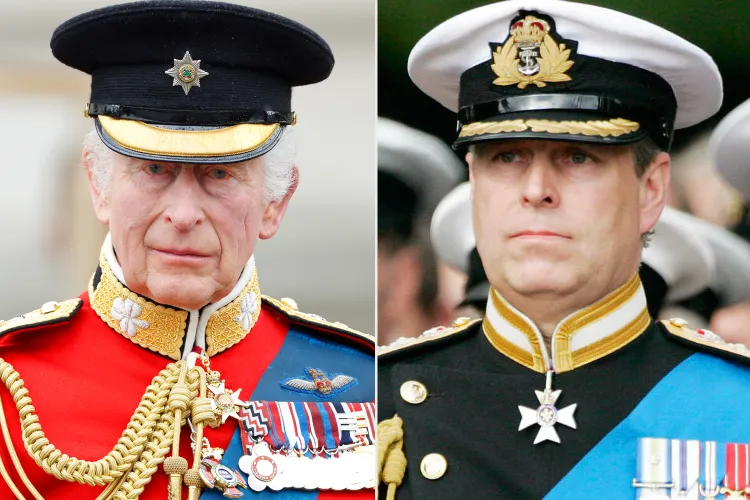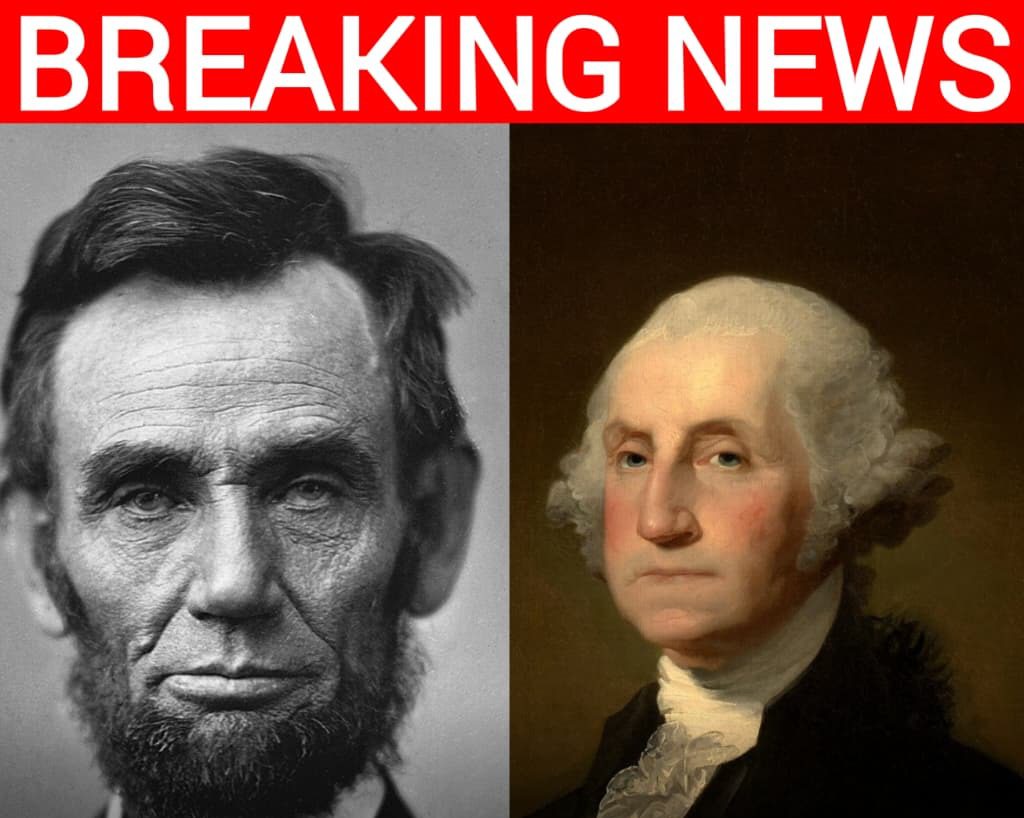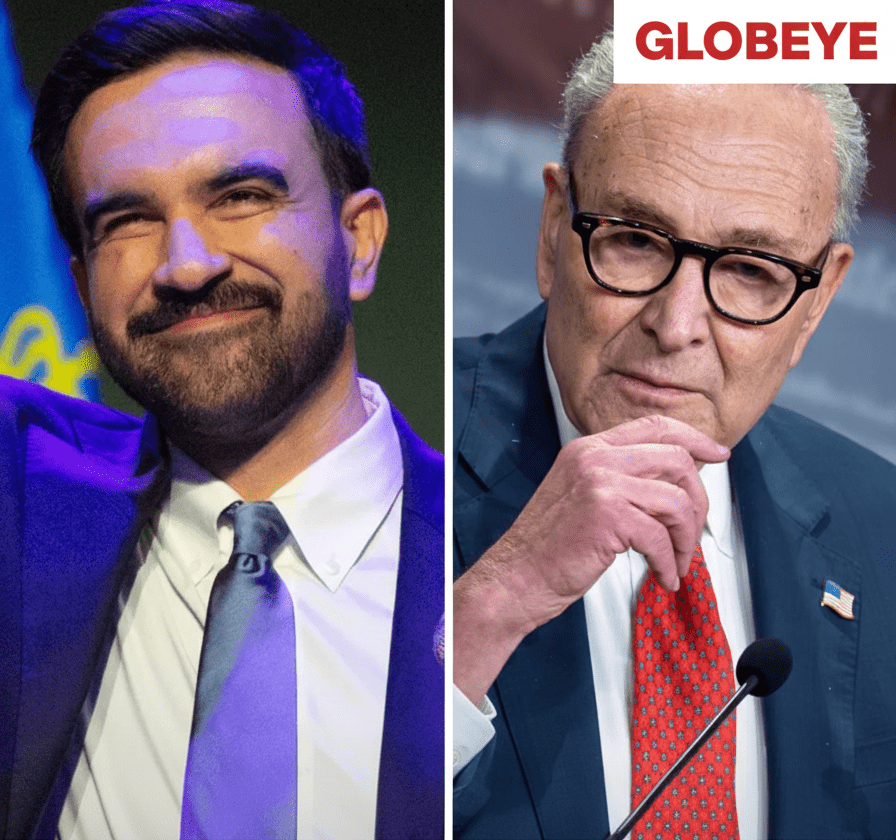King Charles Strips Prince Andrew of Titles and Honors but Allows Him to Keep Military Medals Amid Royal Fallout
In a significant decision marked by both severity and restraint, King Charles has officially stripped his younger brother, formerly Prince Andrew, of his royal titles, honors, and residence. Yet, despite this dramatic fall from royal grace, the former prince will be allowed to retain the medals he earned through active military service. This nuanced resolution comes amid years of controversy and public scrutiny surrounding Prince Andrew’s conduct and affiliations.
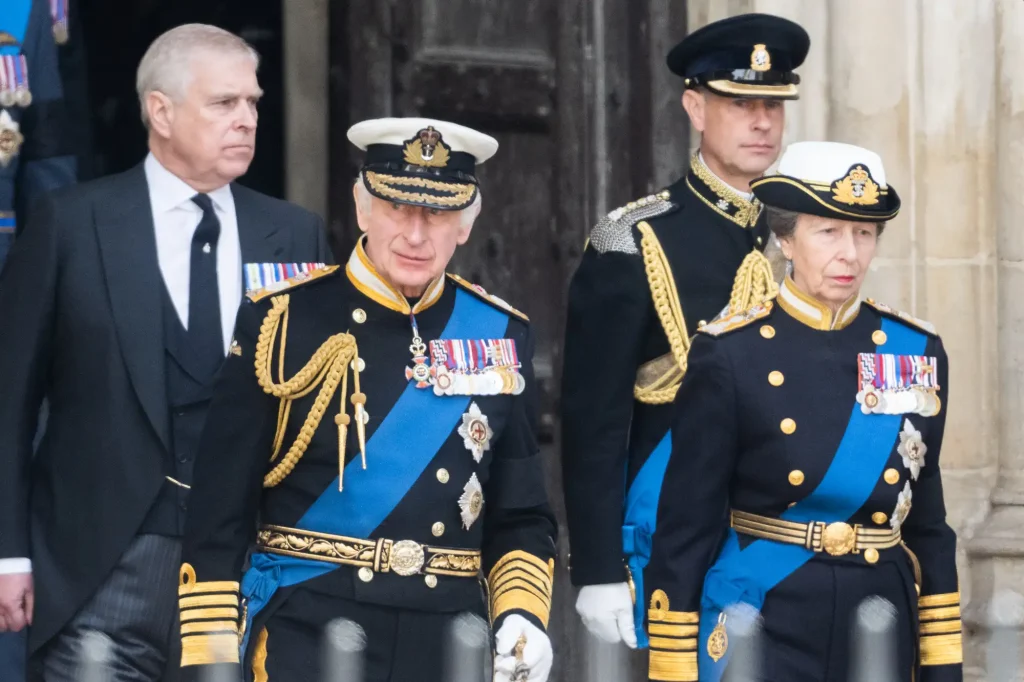
Andrew Mountbatten Windsor, as he is now officially known following the removal of his titles, faces a profound transformation in his public role and status. The move by King Charles not only redefines Andrew’s standing within the royal family but also marks a pivotal moment reflecting the monarchy’s efforts to address the repercussions of scandal while balancing respect for individual service. The former prince’s honorary rank as vice admiral in the Royal Navy—the last vestige of his royal and military status—has also been revoked, signaling a clear delineation between his past privileges and his current position.
The decision to allow Andrew to keep his medals, particularly his distinguished South Atlantic Medal awarded for his service during the Falklands War, is both symbolic and practical. It separates the man’s personal military record from the larger cloud of controversy that has overshadowed his public life in recent years. This medal, earned as a Sea King co-pilot in the 1982 conflict, is among the very few honors he received by direct merit rather than royal appointment. It represents a tangible acknowledgment of his contribution to the British armed forces during a critical moment in history.
Buckingham Palace, in a statement confirming the decision, underscored the complexities and care involved in the process. While Andrew’s military ranks and royal privileges were deemed appropriate to remove, the King and his advisors concluded that stripping the medals would not be justified, respecting the line between personal service and public reputation. Defense Secretary John Healey reinforced this stance, confirming that the government would follow King Charles’ lead in allowing the medals to remain with Andrew.
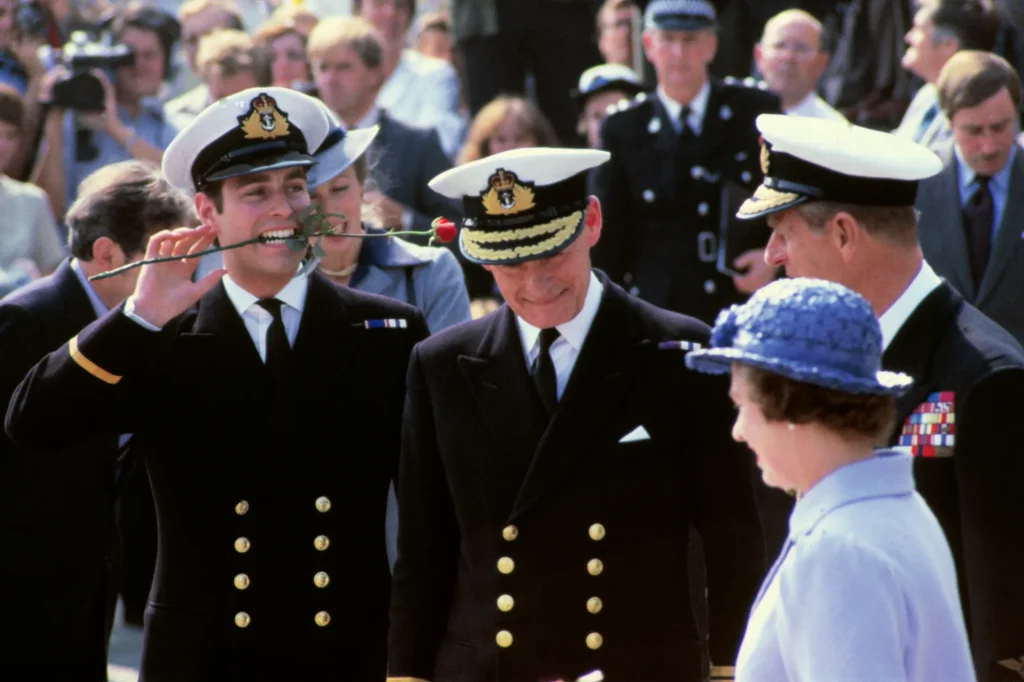
The backdrop to these decisions is a backdrop of multiple scandals, the most prominent involving Andrew’s associations with convicted sex offender Jeffrey Epstein and the resulting allegations of sexual misconduct brought by Virginia Giuffre. Despite Andrew’s consistent denials of wrongdoing, the public and institutional pressures have necessitated firm action. The stripping of all royal titles, including the Duke of York, Earl of Inverness, and Baron Killyleagh, combined with the revocation of military affiliations, reflects the seriousness with which King Charles has approached the matter.
Andrew’s case stands unique in royal history for its unprecedented nature and the intensity of backlash. His mother, the late Queen Elizabeth II, had already removed many of his honorary military positions and patronages in 2022, signaling growing discomfort within the monarchy. The continuation of these measures by King Charles further solidifies a strict stance aimed at protecting the integrity of the royal family.
The requirement for Andrew to vacate the Royal Lodge at Windsor Park by the end of 2025 adds a tangible consequence, removing him physically from a residence long associated with his status. This move reinforces his transition to a private citizen, no longer bearing the privileges and responsibilities once granted by his lineage and titles.
Public opinion on the matter remains divided. Some see the retention of Andrew’s military medals as a symbolic gesture of fairness that separates service from scandal. Others argue that all honors connected to his former royal status should be rescinded as a statement of accountability. Notably, some politicians, especially in Australia and the United States, continue to push for even stronger measures—ranging from removal from the line of succession to legal inquiries tied to Epstein-related allegations.
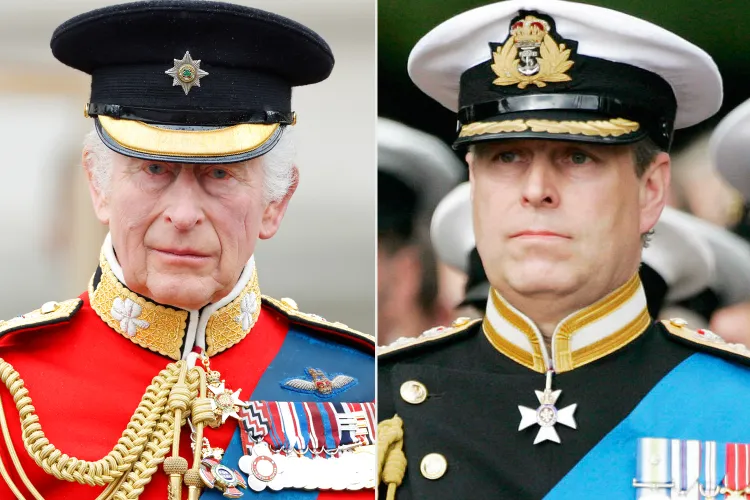
The complexity of addressing these issues within the framework of a centuries-old institution like the British monarchy highlights the delicate balance King Charles must maintain. The decisions made surrounding Andrew underscore the modern challenges the royal family faces in sustaining public trust while managing internal crises. The King’s approach, combining restitution with compassion for his brother’s military record, reflects an attempt to reconcile these competing demands.
Moreover, Andrew’s military career, spanning 22 years in the Royal Navy, remains a significant part of his identity, despite his controversies. His active service, especially during the Falklands War, was marked by bravery and dedication, attributes formally recognized by the awards he received. King Charles’ choice to allow Andrew to keep his war medals respects this chapter of his life, providing a nuanced acknowledgment amid a vast sea of public and private challenges.
As Andrew adjusts to his changed circumstances, stripped of his titles and removed from royal residences and military roles, the repercussions are profound. He now must navigate a life marked by the loss of public stature yet retaining personal honors tied directly to his service to his country.
This development invites broader reflection on themes of redemption, responsibility, and distinction between public role and private merit. For the British monarchy, it reaffirms a commitment to uphold values of integrity and accountability, even when those values require painful decisions affecting members of the royal family itself.
In the end, the story of King Charles’ decision on Prince Andrew encapsulates a moment of transformation—both personal and institutional. It is a reminder of how tradition grapples with contemporary realities and how honor and disgrace can coexist within the same narrative. As the former prince moves forward, his status as Andrew Mountbatten Windsor epitomizes a complex legacy, where the echoes of past service endure even as titles and privileges fall away.
